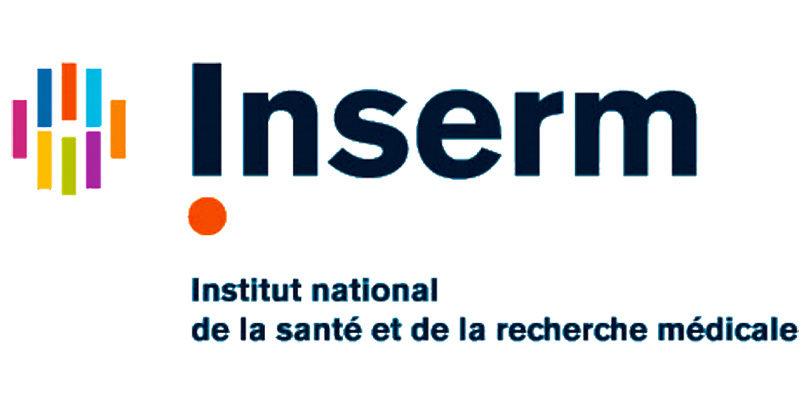Occupational exposure to petroleum-based and oxygenated solvents and oral and oropharyngeal cancer risk in men A population-based case-control study in France
Résumé
Objective - To examine the association between occupational exposure to petroleum-based and oxygenated solvents and the risk of oral and oropharyngeal cancer.Methods - The ICARE study is a large population-based case-control study conducted in France between 2001 and 2007. This present analysis was restricted to men and included 350 and 543 cases of squamous cell-carcinoma of the oral cavity and oropharynx, respectively, and 2780 controls. Lifetime tobacco, alcohol consumption and complete occupational history were assessed through detailed questionnaires. Job-exposure matrices allowed us to assess occupational exposure to five petroleum-based solvents (white spirits; diesel/fuel oils/kerosene; gasoline; benzene; special petroleum products) and five oxygenated solvents (diethyl ether; tetrahydrofuran; ketones and esters; alcohols; ethylene glycol). Odds-ratios (ORs), adjusted for age, smoking, alcohol consumption and socioeconomic status, and 95% confidence intervals (CI) were estimated using unconditional logistic models.Results - Associations between oral cancer risk and exposure to white spirits and diesel/fuel oils/kerosene were suggested, but there was no exposure-response trend. Concerning exposure to oxygenated solvents, participants with the highest levels of cumulative exposure to diethyl ether had a significant excess risk of oropharyngeal cancer (OR = 7.78, 95%CI 1.42 to 42.59; p for trend = 0.04). Ever exposure to tetrahydrofuran was associated with a borderline significant increased risk of oral cancer (OR = 1.87, 95%CI 0.97 to 3.61), but no exposure-response trend was observed. Additional adjustments for exposure to other solvents did not substantially change the results.Conclusion - Our results do not provide evidence for a major role of petroleum-based and oxygenated solvents in the occurrence of oral and oropharyngeal cancers in men.
Fichier principal
 Barul2019CANEP.pdf (625.33 Ko)
Télécharger le fichier
Supplemental file 1.pdf (141.85 Ko)
Télécharger le fichier
Supplemental file 2.pdf (188.25 Ko)
Télécharger le fichier
Barul2019CANEP.pdf (625.33 Ko)
Télécharger le fichier
Supplemental file 1.pdf (141.85 Ko)
Télécharger le fichier
Supplemental file 2.pdf (188.25 Ko)
Télécharger le fichier
Origine : Fichiers produits par l'(les) auteur(s)


